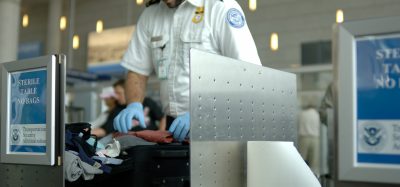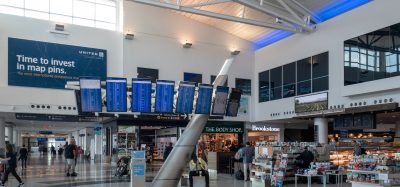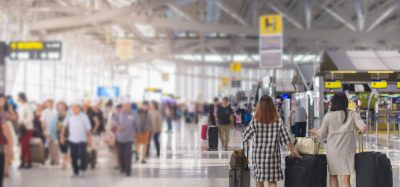FAA celebrates completion of San Francisco International Airport Recovery Act projects
- Like
- Digg
- Del
- Tumblr
- VKontakte
- Buffer
- Love This
- Odnoklassniki
- Meneame
- Blogger
- Amazon
- Yahoo Mail
- Gmail
- AOL
- Newsvine
- HackerNews
- Evernote
- MySpace
- Mail.ru
- Viadeo
- Line
- Comments
- Yummly
- SMS
- Viber
- Telegram
- Subscribe
- Skype
- Facebook Messenger
- Kakao
- LiveJournal
- Yammer
- Edgar
- Fintel
- Mix
- Instapaper
- Copy Link
Posted: 31 August 2010 | Federal Aviation Administration (FAA) | No comments yet
The FAA has marked the completion of $14.5m in runway projects funded by the ARRA that will ensure continued safety for flights at SFO.
The U.S. Department of Transportation’s Federal Aviation Administration (FAA) today marked the completion of $14.5 million in runway projects funded by the American Recovery and Reinvestment Act of 2009 (ARRA) that will ensure continued safety for flights at San Francisco International Airport (SFO).
“The Recovery Act made it possible for this important safety work to happen ahead of schedule,” said U.S Transportation Secretary Ray LaHood. “These projects kept workers in good-paying jobs, and these safety improvements will benefit the airport and passengers for years to come.”
On Friday, FAA Administrator Randy Babbitt marked the completion of the work at an event at San Francisco International Airport. A $5.5 million ARRA grant allowed the Runway 10L/28R project to be completed a year ahead of schedule. Runway 1R/19L was also completed two years ahead of schedule thanks to a $9 million ARRA grant.
“Healthy runways are safe runways,” said Administrator Babbitt. “Old pavement can crumble, creating debris that can damage aircraft and shut runways down causing delays for passengers.”
The Recovery Act-funded projects leveled out two runways that tend to settle over time because of ground conditions. The new asphalt concrete resurface also will prevent unexpected runway shutdowns due to pavement breakdown, and will guard against crumbling pavement creating debris that can damage aircraft. The work also included: paving both runways with asphalt concrete; reconstructing sections of the runways; upgrading the runway and taxiway lighting systems with more energy efficient LED lighting; re-painting runway markings to increase visibility and improve safety for aircraft on the airfield; and improving the surrounding drainage system.
Granite Rock Company of Watsonville, Calif. was the prime contractor for both projects, which required 92,000 tons of asphalt concrete covering 3.46 million square feet of runways. Work on both runway projects was done on the weekends to minimize disruption to the traveling public.
The Recovery Act funded an additional $22.4 million in upgrades to airports and facilities in and around the San Francisco Bay Area.
At Oakland International Airport, $14.9 million in Recovery Act funding is being used in the reconstruction of a large apron area used by airlines and cargo carriers and to reconfigure a taxiway. By replacing old apron pavement, the project will improve efficiency and allow larger aircraft to use the taxiway.
In San Jose, a $5.17 million Recovery Act grant is funding the extension a taxiway at Norman Y. Mineta San Jose International Airport. This project, which was recommended by an FAA Runway Safety Action Team, will improve safety by eliminating the need for private planes to cross a runway while taxing to an engine run-up area.
An additional $2.4 million in Recovery Act funds is being employed to modernize and make safety upgrades at area facilities and airports.
Nationwide, $1.3 billion in Recovery Act money has been made available for both airport improvement projects and air traffic control facility and system upgrades. These Recovery Act grants have been distributed to airports that serve commercial passengers, cargo and general aviation.
















